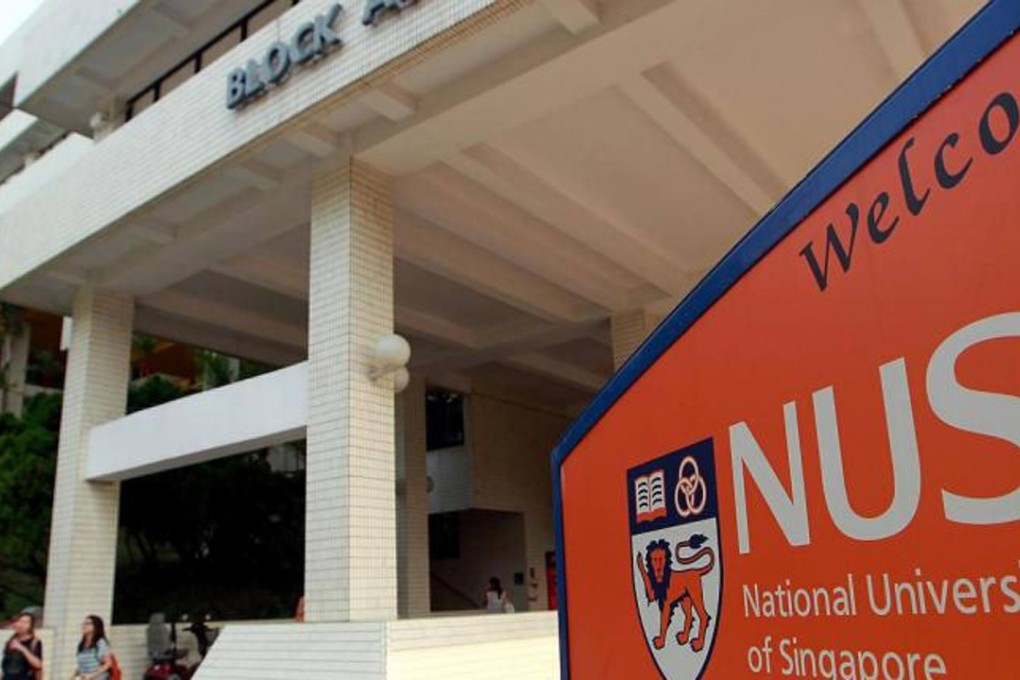Asian Angle | Singapore’s US$200k university salaries are worth every penny
- New ideas and novel innovations raise productivity and improve citizens’ well-being. Today, Singapore’s average productivity exceeds the US, and the Lion City leads the world in a range of frontier technologies

Successful, high-impact research helps make universities lively, thriving communities. This effect extends well beyond the academy: meaningful intellectual pursuit raises the economic and social well-being of the nation.
For nations where the most important asset is human capital, high-level research allows citizens to be productive and prosperous, and the nation to thrive and remain relevant. Cutting-edge research provides for a lively national conversation, and unites diverse stakeholders in challenges that uplift the spirit and improve material circumstances. New ideas and novel innovations raise productivity and improve citizens’ well-being. This has been the story of humanity for centuries; it is the narrative of all great nation states past and present, small and large.
So, it is a false dichotomy that research excellence undermines the national mission. It is a fallacy that striving for ever greater intellectual achievement is an unproductive, mutually destructive arms race.
The PYP scheme launched this month seeks improvement on the earlier Presidential Assistant Professorship scheme. That previous scheme, begun in 2014, has brought in 15 assistant professors, nine of whom are Singaporean. PYP augments the earlier scheme, not only by matching the sort of salary top PhD graduates now expect, but by adding in a start-up budget of up to S$750,000 (US$546,000) for non-STEM or S$1 million for STEM candidates, plus white space funding up to S$250,000.

